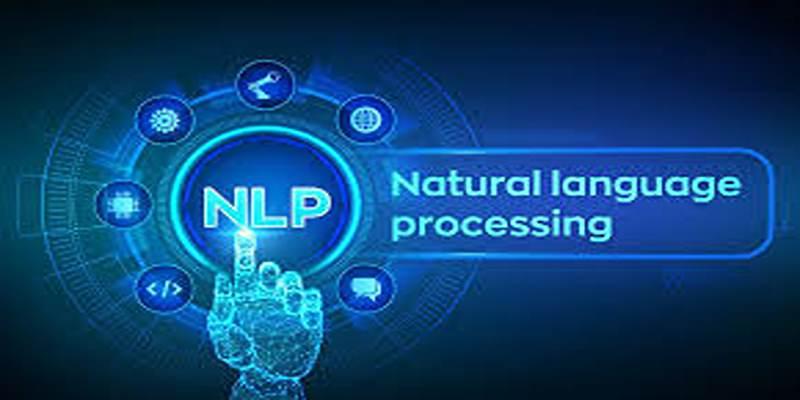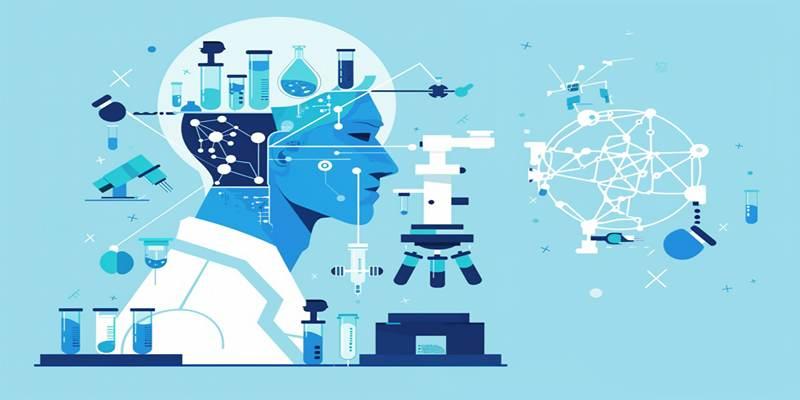Artificial intelligence (AI) is rapidly reshaping multiple industries, but its impact on the pharmaceutical sector—particularly in drug discovery—is proving transformative. Traditional methods for discovering new medications are notoriously slow, costly, and often unpredictable. AI promises to streamline these processes dramatically, offering quicker, more accurate, and cost-effective solutions. This post delves into how AI is accelerating the search for new medicines, highlighting its potential, applications, and real-world benefits.
Why AI Matters in Drug Discovery
It can take up to ten years and cost billions of dollars to find new drugs the old-fashioned way and many possible medicines never make it to the market. Because AI improves prediction accuracy, reduces the need for trial-and-error methods, and greatly cuts down on timelines, it changes this scene in a big way.
- Speed: AI algorithms rapidly analyze vast datasets, identifying promising drug candidates in months rather than years.
- Cost Efficiency: Reducing failure rates in early testing stages can save millions in wasted investment.
- Enhanced Precision: Machine learning can pinpoint molecular targets with higher accuracy, reducing the risk of costly late-stage failures.
AI Techniques Revolutionizing Drug Discovery
AI employs various techniques that streamline and optimize the drug discovery process:
Machine Learning (ML)
ML uses large datasets to identify patterns and predict outcomes, significantly reducing the resources and time spent screening thousands of potential drug candidates. ML algorithms enhance decision-making processes, enabling researchers to focus on high-probability drug candidates.
Deep Learning
Deep learning algorithms, specifically neural networks, analyze complex biological data, identify intricate interactions between drugs and targets, and predict efficacy with exceptional precision. These advanced algorithms can model molecular dynamics at unprecedented scales, capturing nuances traditional methods might miss.
Natural Language Processing (NLP)

NLP assists in quickly scanning extensive biomedical literature, extracting critical insights to inform early research decisions and improve understanding of disease mechanisms. It helps researchers stay updated with the latest findings and reduces the time required for comprehensive literature reviews.
The integration of these techniques allows for the exploration of complex biological data, which would otherwise be difficult or impossible using traditional methods. The combination of ML, deep learning, and NLP provides a powerful toolkit for accelerating drug discovery.
Big Data Analytics
AI-driven big data analysis helps in processing vast datasets from genomic research, medical records, and chemical databases. It allows for better decision-making in drug development.
How AI is Applied in Drug Discovery
AI finds diverse applications across the drug discovery process:
Target Identification
AI algorithms analyze biological data, including genetic information, to identify precise targets for drug intervention, reducing wasted resources on ineffective targets.
- Enhanced prediction accuracy
- Efficient identification of viable drug targets
- Reduced research timelines
Drug Design and Screening
AI assists scientists by virtually screening compounds, predicting drug-target interactions, and optimizing molecular structures for better efficacy and safety. This step reduces the extensive labor required in manual screening, enabling researchers to rapidly progress through the development stages.
- Virtual screening of millions of compounds
- Predictive modeling of drug-target interactions
- Optimization of molecular structures for effectiveness and minimal side effects
Clinical Trials Optimization
AI enhances clinical trial design by identifying suitable patient populations, predicting trial outcomes, and reducing failure rates, which significantly lowers costs and speeds up drug approval. Predictive models built on patient data can foresee potential challenges in trials, allowing adjustments to protocols proactively.
- Improved patient selection
- Enhanced predictive accuracy for outcomes
- Reduced trial duration and cost
Benefits of AI in Drug Discovery
The adoption of AI in pharmaceutical research offers several advantages:
- Faster Drug Development: AI reduces the time required to discover new drugs by rapidly analyzing complex data.
- Cost Reduction: AI minimizes expensive trial-and-error experiments, cutting down research costs.
- Improved Accuracy: AI models predict drug interactions and side effects with higher precision, reducing risks in drug development.
- Better Patient Outcomes: AI-driven personalized medicine ensures that treatments are tailored to individual genetic profiles.
Challenges and Limitations of AI in Drug Discovery
Despite significant advantages, AI implementation faces several challenges:
- Data Quality: AI models depend heavily on quality data; inaccurate or biased datasets can lead to ineffective or misleading results.
- Regulatory Hurdles: Regulatory frameworks are still adapting to AI-driven methodologies, potentially delaying adoption.
- Interpretability Issues: The complexity of AI models, particularly deep learning algorithms, can make it challenging to interpret and validate predictions.
- Collaboration Barriers: Integration of AI requires interdisciplinary collaboration between computational scientists, biologists, and pharmaceutical experts, which can be challenging to facilitate effectively.
Addressing these issues is essential for AI to reach its full potential in pharmaceutical research. Efforts are underway to standardize data collection, improve model transparency, and develop clear regulatory guidelines, paving the way for broader adoption.
The Future of AI in Drug Discovery

Looking ahead, AI's role in drug discovery is expected to expand further, driven by advances in computational power, algorithmic innovations, and increased collaboration between tech companies and pharmaceutical firms.
- More personalized medicines through better predictive models.
- Increased automation in laboratory processes.
- Enhanced data integration across diverse sources for comprehensive insights.
- Development of advanced AI platforms specifically tailored for drug discovery applications.
As AI technologies continue to mature, drug discovery processes will become more streamlined, accurate, and tailored to individual patient profiles, revolutionizing personalized healthcare.
Conclusion
AI is not merely a supportive tool but a driving force transforming the landscape of drug discovery. By accelerating processes, reducing costs, and enhancing accuracy, AI provides a powerful solution to many challenges faced by the pharmaceutical industry today. Embracing AI technology positions companies to stay ahead in an intensely competitive market and dramatically improve patient outcomes. AI in drug discovery is here, and its impact is growing. The future undoubtedly holds exciting possibilities for faster, more efficient, and more effective drug development, ultimately benefiting society by bringing life-changing medicines to patients sooner.
